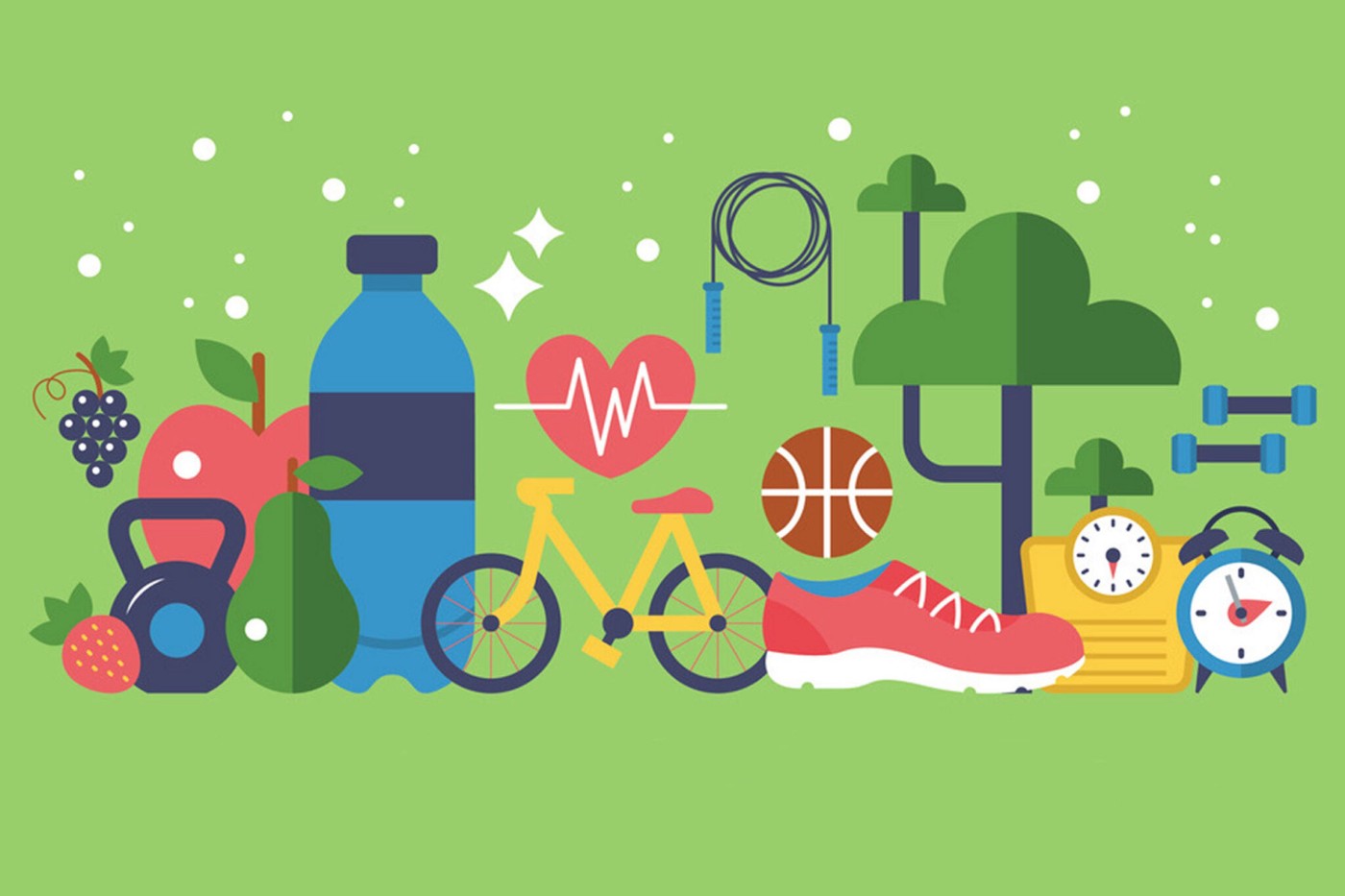Having them is only half the way, now it’s up to you not to give them up. If you are convinced that you need a strong will and a high sense of self-control to form and maintain a habit, modern research disproves this. To change your behavior, all you need to do is create the right conditions for it. We have prepared some tips for those who have already made their step on the way to a conscious lifestyle and now want to consolidate the result.
Table of Contents
Incorporate Healthy Habits Into Your Schedule
Self-organization apps and the formation of useful habits are most effective when you’re just starting to change your routine and obediently perform all the assigned tasks. But where’s the guarantee that after a while you won’t stop logging into the app and marking your progress daily? There is no such guarantee. In order not to abandon the habit you’ve already formed, try to incorporate it into your daily schedule. During breaks at work, between classes, before or after meetings with friends – if you keep the habit along with the important things to do, it will increase its importance, too.
By adding useful habits to your schedule, you’ll begin to set aside free time for them in your schedule, you won’t lose sight of them, and you’ll increase the chance of keeping them for the long term. You can write out your tasks in a paper diary, planner, checklists, phone notes or use special electronic resources. Here are a few apps for quality and effective planning.
Todolist
Todolist is a task manager, which lets you organize everything as easy as betting on sports via 20Bet. It’s designed to keep you organized, focused and at peace. It’s great for productive work according to the GTD (Getting Things Done) method, which was created by the author of the book of the same name, an expert in time management and personal productivity, David Allen.
Tasks in Todolist can be categorized into lists and projects, highlighted in different colors, and indicated by the level of importance. It also has visual statistics that allow you to track your productivity on different days. You can combine the application with Google Drive, Google Maps, Apple Maps, and other services.
Trello
Trello helps you can set up not only personal planning but also team planning. You can create boards, columns, and cards and write your plans, tasks, and helpful habits into them. The app has a “Chronology” view mode, productivity metrics, and works with calendars. Reminders and notifications will help you not to miss anything, and you can set due dates and add comments to each task.
Remember The Milk
Remember The Milk helps you clear your head of too many things to do and focus on getting them done. You can create reminders, merge tasks into lists and include notifications that will come to your email, smartphone app or messenger. The app knows how to create smart lists on its own, such as “tasks that have already been postponed 5 times.” You can add files from Google Drive or Dropbox to all the notes.
Don’t Be Afraid to Make Mistakes
If you happen to fall out of your usual rhythm, if you don’t complete the whole to-do list for the day or if you miss a recently formed useful habit – don’t scold yourself. Self-mobilization will only aggravate the situation, you will have no motivation to move forward, and the inner resources will go to recovery. The desire to do everything perfectly is often the cause of stress and unjustified expectations of yourself, which increases internal pressure and even causes health problems. According to a U.S. study, perfectionists and people with honors syndrome have a 51 percent higher risk of death than those without the syndrome.
Reward Yourself for the Smallest Achievements
As we get closer to our goal and the line between desired and real is gradually erased, we produce dopamine. This hormone causes a feeling of inner comfort, satisfaction, joy and pushes to bring the matter to an end. Habits begin to form because the body wants the next “reward” – a new dose of dopamine.
To consolidate the result, concentrate on your small accomplishments and try to break down difficult tasks into several simple ones. Completing each of them will give you satisfaction, and your brain will be stimulated to move on.
Celebrating small victories stimulates the production of more dopamine than if you hoard it for the feeling of joy over one big accomplishment. The satisfaction of a big accomplishment doesn’t last long. So if you associate happiness with achieving a distant goal, it can end in disappointment. Instead, learn to find joy in moving toward the goal.
Praise and reward yourself for completing even small tasks. This is an effective way not to abandon your new healthy habit and reach your goal.
